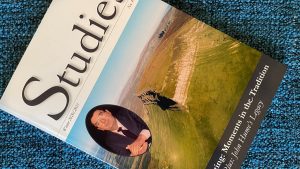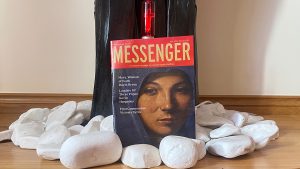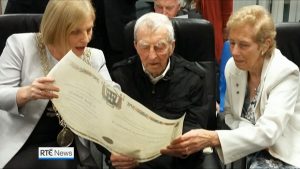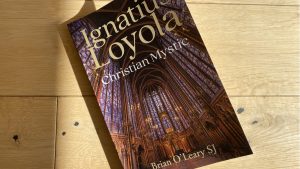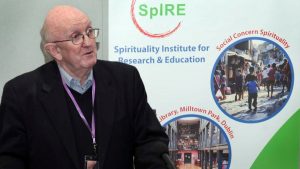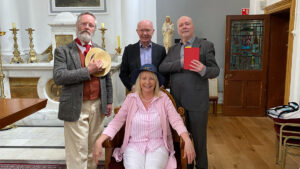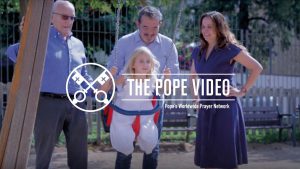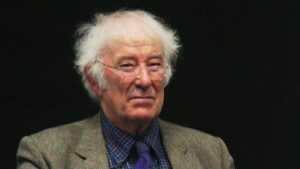Studies: National identity and sovereignty

The summer 2022 issue of Studies includes essays on aspects of Ireland’s political and cultural history, as well as a set of papers from a workshop on sovereignty held in Florence, Italy, on 17 March. The editorial notes the value of “strong identification with one’s own nation or culture”, quoting Pope Francis to the effect that “we need to sink our roots deeper into the fertile soil and history of our native place, which is a gift of God”. The problem arises, however, when nationalism is exclusionary, or built on opposition to outside cultures or to outgroups within the state. According to the editorial,
Nationalism has shown it has the power to wrest religion away from its own essence and reconstitute it as the very thing it exists to stand against. In other words, instead of witnessing to transcendence, to a vision of human dignity and solidarity under the providential attention of God, religion has not infrequently found itself in service to one or other form of vicious pagan immanence. The transcendent God becomes the god of the household, the god of the homeland, the god of the tribe or the race or the nation-state. This god favours us over our enemies; desires our victory, not theirs; answers our prayers, not theirs; supports us in our misfortunes but doesn’t much care about theirs; speaks our language, likes things just the way we like them, approves of our desire for bourgeois comfort, and shares our disapproval of migrants or gay people or the homeless or the poor or anyone else who might make us uncomfortable.
The solution lies in Pope Francis’s dictum that “The whole is greater than the part” – our belonging to common humanity is greater than any of our kinship or national affinities. What is needed then is the cultivation of narratives of national identity while eschewing the exclusionary posturing of populist nativism.
The essays concerning Ireland in this issue display an openness of Irish politics and culture to the greater world beyond the shores. Daragh O’Connell, head of the Department of Italian in the School of Languages, Literatures and Cultures, at University College Cork, and Director of the Centre for Dante Studies in Ireland (CDSI) at UCC, writes on the possible influence of the Irish on Dante. He shows how two stories of Irish knights travelling through the realms of the afterlife, those of Owein and of Tnugdal, may well have provided a frame for the Divina Commedia. The Navigatio of St Brendan may also have contributed. John O’Hagan, Professor Emeritus of Economics (TCD), writes on Irish artist Patrick Reel, an exhibition of whose work is currently running in the State Apartments in Dublin Castle. Reel’s work often has Irish landscape as its theme, but the influences on him are largely those of the wider art world, particularly German-British artist Frank Auerbach, the 19th century French portraitist Jean Corot, and the Spanish painter Antoni Tàpies. The cover of this issue is a painting by Reel. The, economic historian Cormac Ó Gráda examines human behaviour during the Irish Famine and relates it to the experience of other famines, in Ukraine, Russia, Holland, and Somalia. And lastly, Tony White’s essay on the Irish General Election of 1922 describes the tensions in the fledgling state between an ourselves-alone nationalism and a sense of broader currents of political thinking.
Closely related to the theme of national identity is that of sovereignty. There has been a definite revival of interest in this matter in recent years, especially on account of such phenomena as Brexit undermining European unity, the emergence of illiberal populist governments, and both national and global responses to the COVID-19 pandemic. Responding to this revival of interest, Michael Sanfey, Robert Schuman Visiting Fellow at the European University Institute (EUI), Florence, organised a workshop on the theme, which was held on 17 March at Villa Schifanoia, Florence. Four papers from the workshop are presented here.
In his essay on ‘The strife about sovereignty’, Giovanni Giorgini relates how the notion of sovereignty was gradually eclipsed after World War II, especially with the development of supernational entities, and how it has begun to reappear in recent times, as states have responded to crises by reasserting their national sovereignty and taking unilateral decisions. Boston College Professor Susan Shell clarifies Kant’s attitude to sovereignty, challenging the supposition tha the was mainly an internationalist. Vulnerabilities in the EU are also a central concern in an ssay on ‘Democratic backsliding and the unravelling of the EU legal order’ by Ronan McCrea, barrister and professor of constitution and European law in University College, London. And the final essay on this theme is Michael Sanfey’s own, on the problem of cancel culture failing to make a distinction between the cultural legacy of a country and its specific political form at any time.


